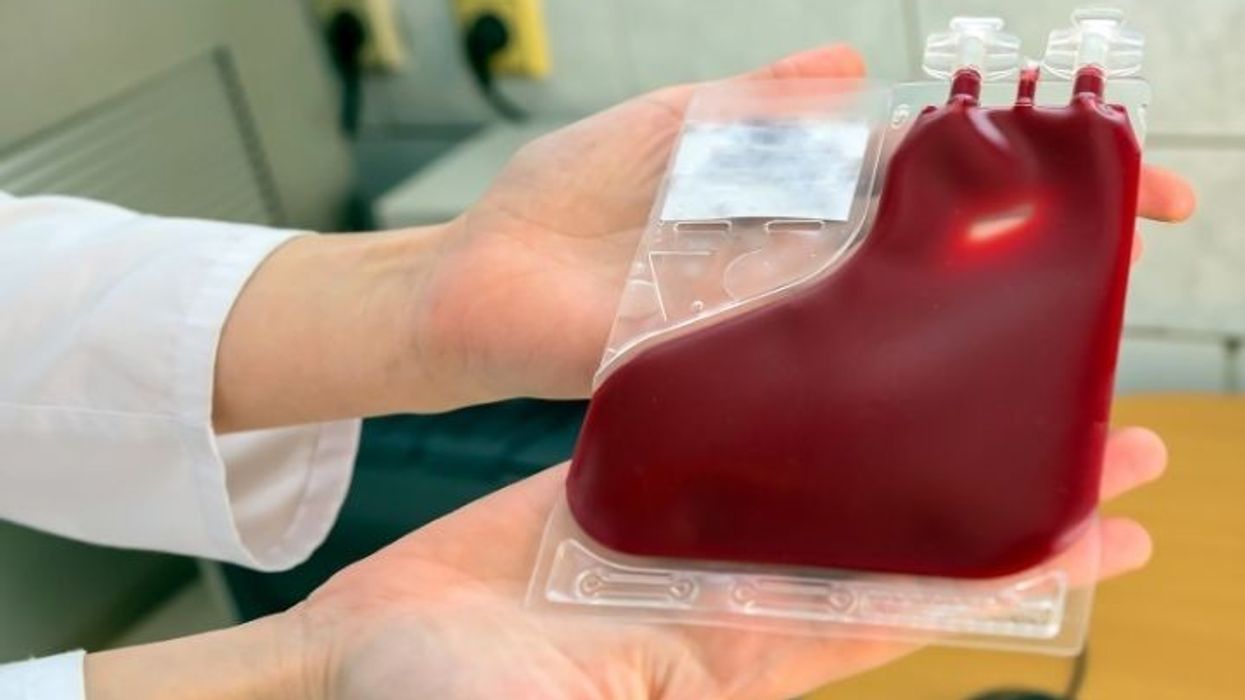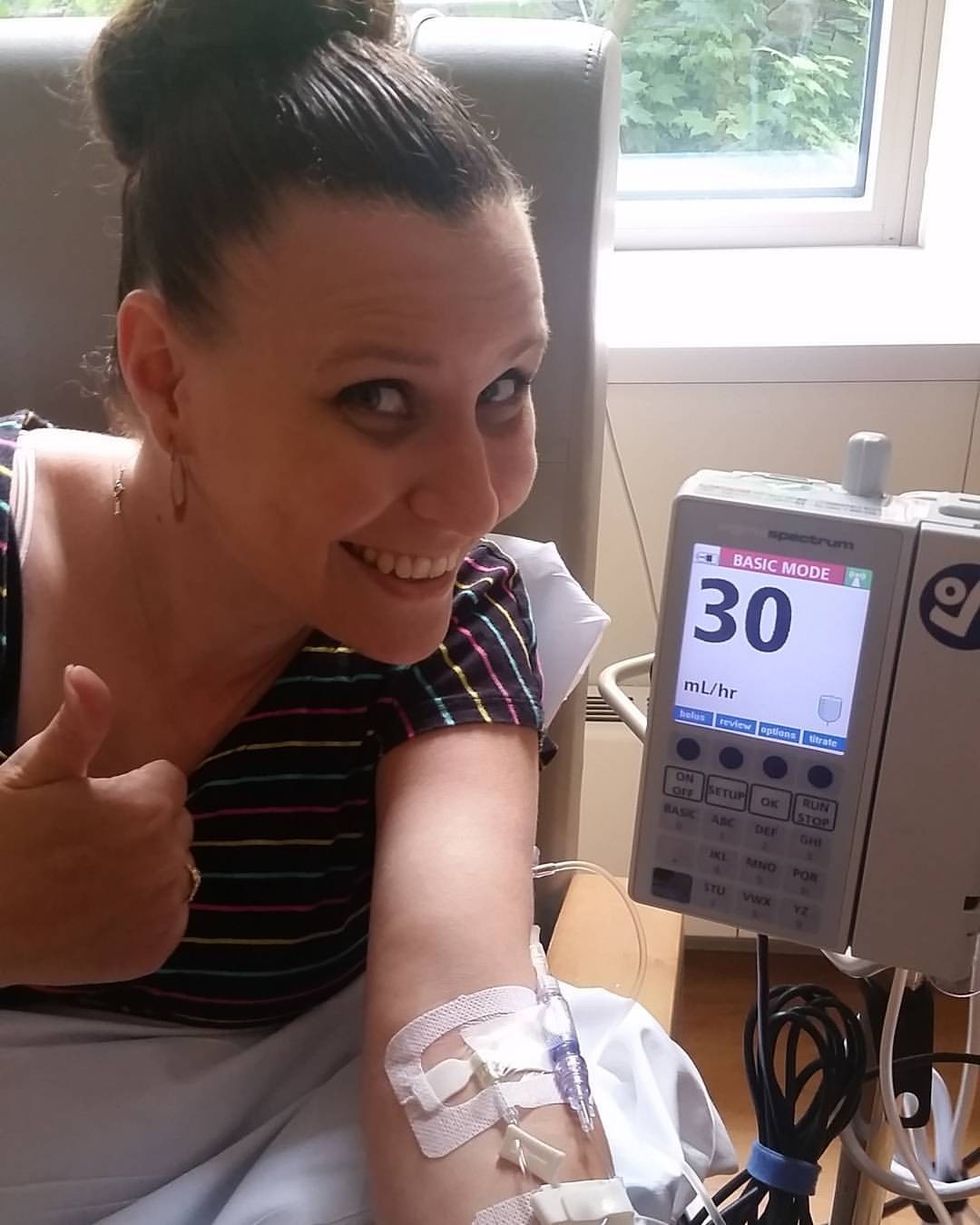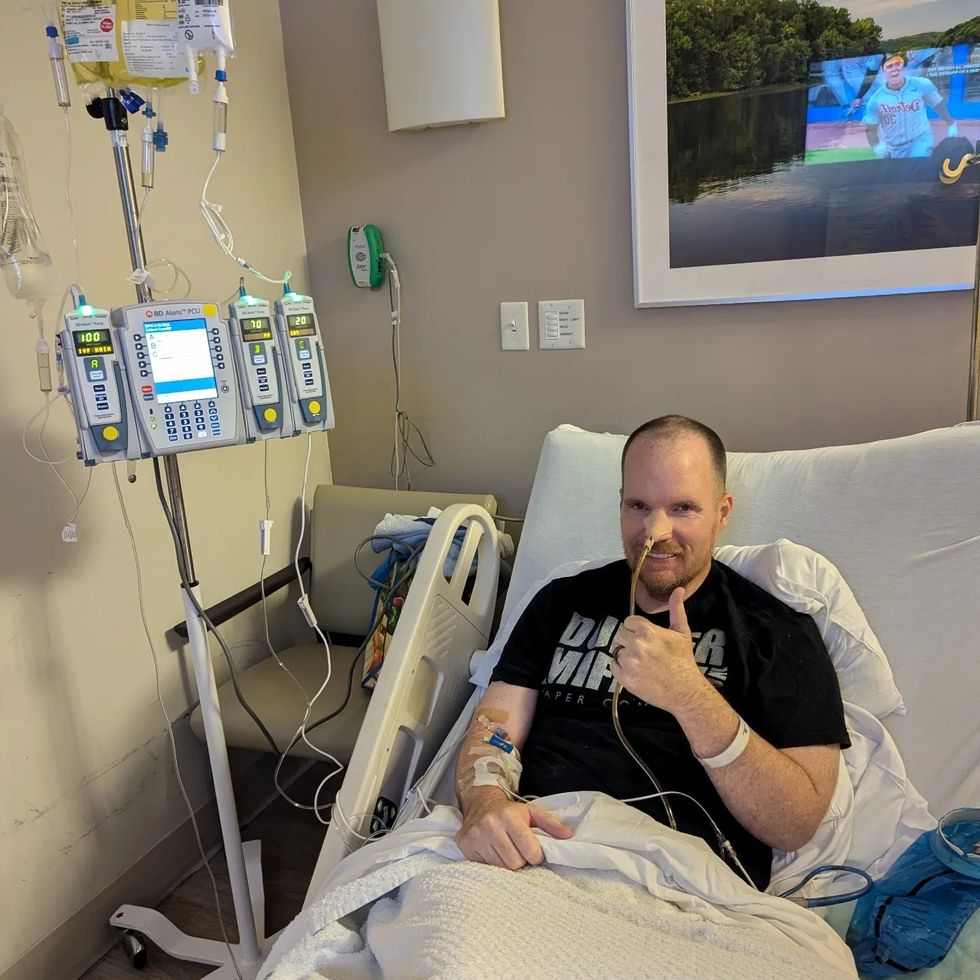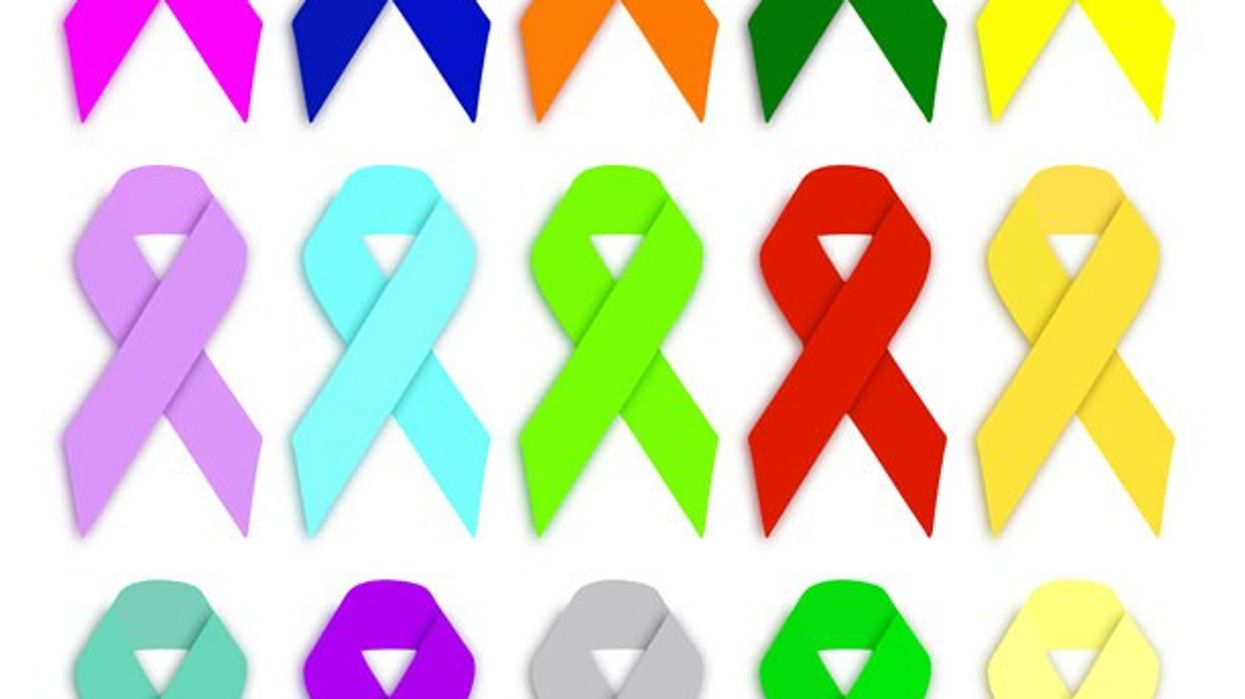My husband is battling cancer. After being in remission for 3 years, it returned in March of this year and we are continuing the battle. One of my consistent go-to's during times of stress has been watching my favorite TV shows. I recently started a rewatch of Archer and if there’s one show that can seamlessly combine espionage, inappropriate jokes, and actual life lessons, it’s Archer. Season 2 gave us a double whammy in Episodes 8 and 9 (“Stage Two” and “Placebo Effect”), where Sterling Archer faces the grim reality of cancer—albeit in the most Archer way possible. While the antics and absurdity are front and center, beneath all that, there are some surprising lessons about cancer, health, and even life.
So, here’s what these episodes taught me about cancer—Archer style.
1. Anyone Can Get Cancer (Even Super Spies)
In Episode 8, "Stage Two," we find out Archer has breast cancer. Yes, the man who drinks more martinis than water and whose diet consists mainly of questionable decisions and casual violence, has cancer. It's a classic Archer moment—absurd, hilarious, but also a reminder that cancer doesn't discriminate.
Sterling’s diagnosis of male breast cancer—a condition that many might not even know exists—is a wake-up call. Cancer can affect anyone, regardless of how bulletproof they think they are. Sure, you may not be an international super-spy, but the lesson here is clear: being hyper-masculine (or, in Archer's case, hyper-Archer) doesn't make you immune to health issues. Cancer doesn’t care how many times you’ve saved the world.
2. Early Detection is Key
Archer learns he has cancer because he accidentally finds a lump in his breast. While he completely overreacts, his panic leads to early detection—a crucial part of cancer treatment. Of course, Sterling’s diagnosis is mostly used to highlight his self-centered nature, but the takeaway is important: paying attention to changes in your body and getting things checked can make a big difference.
So, while you may not end up in an animated spy hospital, maybe it's worth following Sterling’s lead and not ignoring any suspicious lumps or bumps.
3. Coping with Cancer Comes in Many Forms
Episode 9, "Placebo Effect," takes Archer's cancer journey in a new direction as he discovers he's been getting fake cancer drugs. His response? A wild, action-packed revenge spree to shut down the fake cancer drug ring. (As one does.)
Now, not everyone’s response to cancer involves vigilante justice or chasing down criminals with increasingly creative insults, but the episode does touch on something real—coping with a diagnosis can be chaotic, emotional, and downright messy. Whether it’s anger, fear, humor, or a desperate need for control, everyone handles the reality of cancer in their own way. Archer’s rage-fueled rampage is over the top, but it speaks to the frustration and helplessness that often accompany illness.
Of course, we don’t all have to go full-Archer. But hey, a little humor in the face of adversity doesn’t hurt.
4. The Power of Humor in Tough Situations
One of the biggest takeaways from these episodes is how humor can be a tool for dealing with even the most serious of situations. Archer’s journey is far from dignified—he’s panicked, angry, and irrational. But through it all, the show finds a way to inject humor into the darkness.
Cancer is no joke, but Archer reminds us that laughter can be a powerful way to cope. If Sterling Archer, the most ridiculous spy in television history, can face his diagnosis with snark and swagger, maybe there’s something to be said for finding humor in difficult times. After all, sometimes laughing at the absurdity of life is the best way to keep from breaking down.
5. Be Your Own Advocate (But Maybe Don’t Go Full Archer)
Archer’s discovery of fake cancer drugs in Episode 9 sparks his mission to take matters into his own hands—literally. While the whole "armed revenge mission" approach is a little extreme, there's a valid point buried under all the explosions: it's important to be your own advocate when it comes to your health.
Misinformation, medical mistakes, and questionable treatments are real concerns. While Archer's approach involves a lot more bullets than necessary, the message is clear: don’t be afraid to ask questions, demand answers, and take charge of your health. Just maybe leave the revenge plots to fictional spies.
At first glance, Season 2, Episodes 8 and 9 of Archer might just seem like a lot of over-the-top comedy and chaos. But beneath the absurdity, there's something real to take away: cancer can happen to anyone, early detection is crucial, and it’s okay to feel all the emotions that come with it—even if those emotions come out in weird, Archer-style ways.
And perhaps most importantly, when life throws something heavy your way, like cancer, don’t forget to bring a little humor with you. Sure, maybe don’t channel all your inner-Archer, but a few sarcastic remarks and an occasional laugh can go a long way in facing life’s challenges. It has for me.











 Nina at Chemo in August of 2016
Nina at Chemo in August of 2016 Scott in the hospital after surgery with IV's and NG tube
Scott in the hospital after surgery with IV's and NG tube






